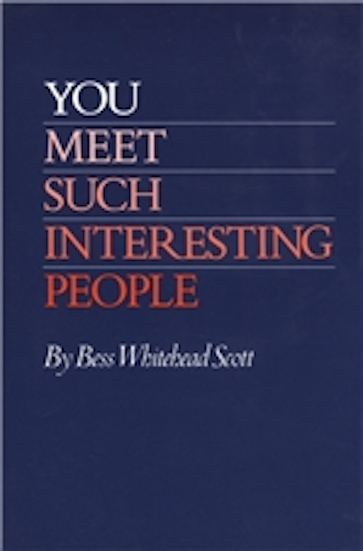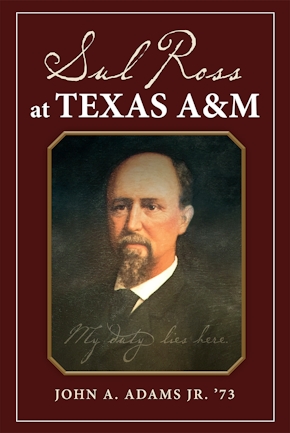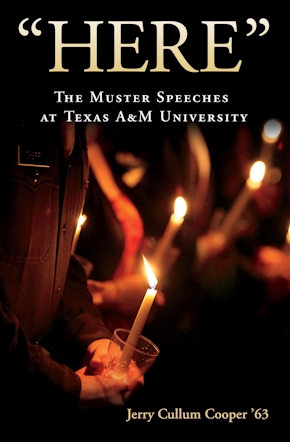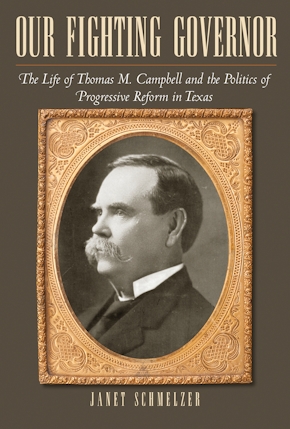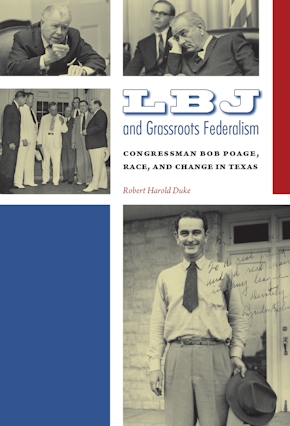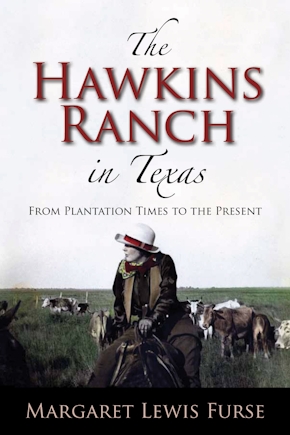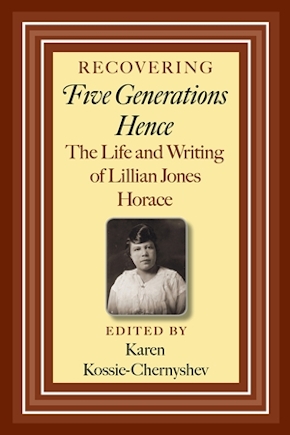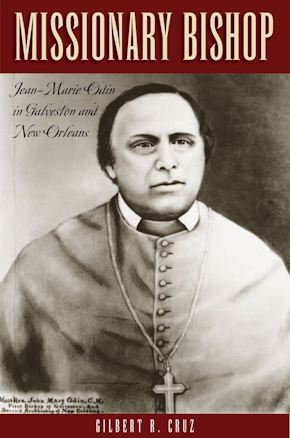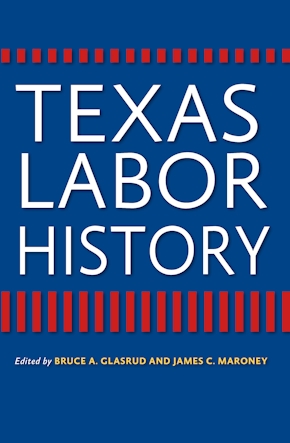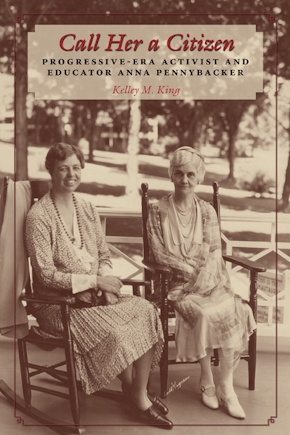You Meet Such Interesting People
978-0-89096-404-0 Cloth
5.5 x 8.5 x 0 in
208 pp. 19 b&w photos.
Pub Date: 07/01/1989
Available
BUY NOW
- Paperback $17.95
- Cloth $18.95
"She will tell you in this book about meeting interesting people. You will learn that there are few more interesting than Bess Scott herself."—William P. Hobby
At the age of twenty-five, Bess Whitehead Scott became the first woman reporter for the city desk of the Houston Post. The year was 1915.
The author's memoir of the first ninety-seven years of her life illustrates how determination, courage, hard work, and caring family and friends propelled her past enormous obstacles, including poverty and a hearing impairment. Born near Blanket, Texas, in 1890, she grew up on a small farm held together by her widowed mother and eight brothers and sisters. Scott graduated from Baylor University and taught school briefly before she persuaded the Post editors to give her a chance. Her success led to other jobs in the then-unnamed field of public relations. Then, even before the filming of the silent movie classic, Birth of a Nation, she went to the little film colony called Hollywood, to try her hand at writing "scenarios."
Fame and fortune kept their distance from Bess Scott, but she did encounter many individuals whose fame, or infamy, whose friendship or failures made a deep impression on her. Clark Gable and Lyndon Johnson were her friends; her best friend, Lila Danforth, was always there during rough times when her marriage failed and she had to support her two small children by double moonlighting to supplement her meager earnings as a reporter. The opportunities and rights of women, the handicapped, and single, working mothers that are today taken for granted did not exist for Bess Whitehead Scott's mother or for her. Their talents and stamina in fighting rural and urban hardships exemplify a century of women's progress and highlight the roles played by the "interesting" people strung along the thread of their lives.
Centennial Series of the Association of Former Students, Texas A&M University
About the Author
Reviews
Published by Texas A&M University Press
